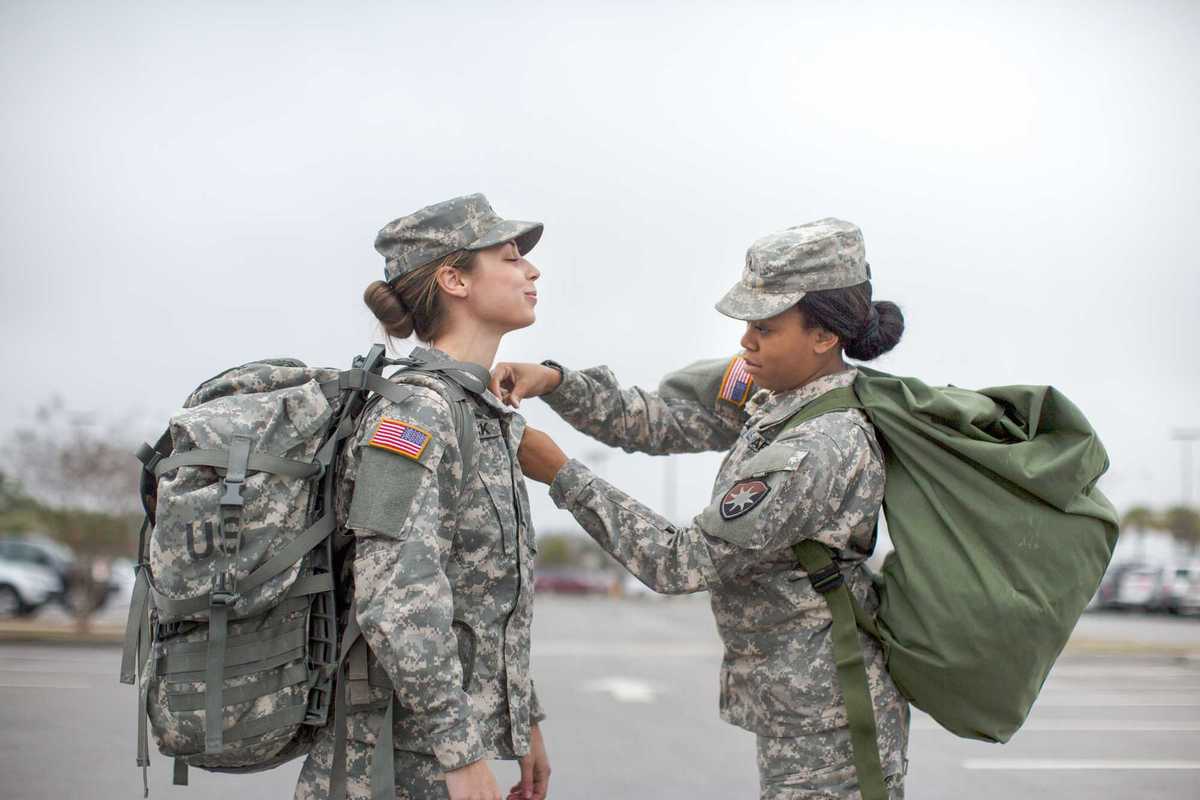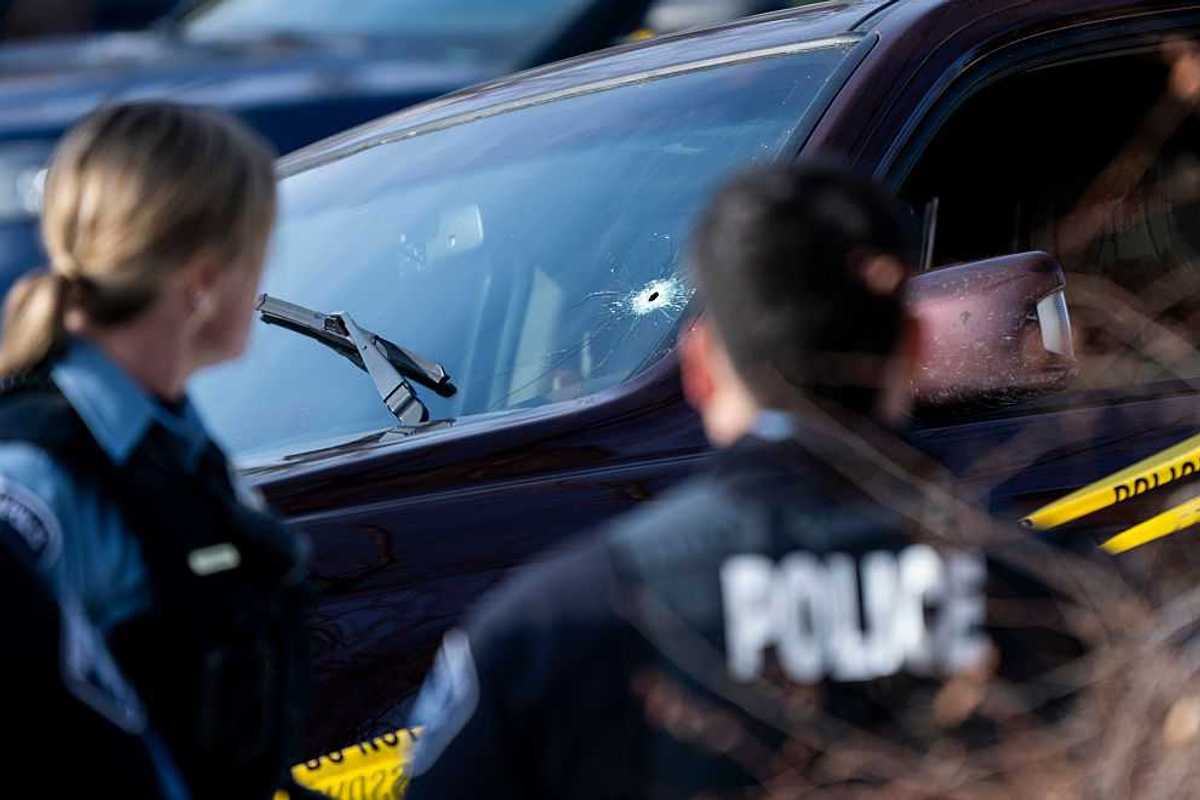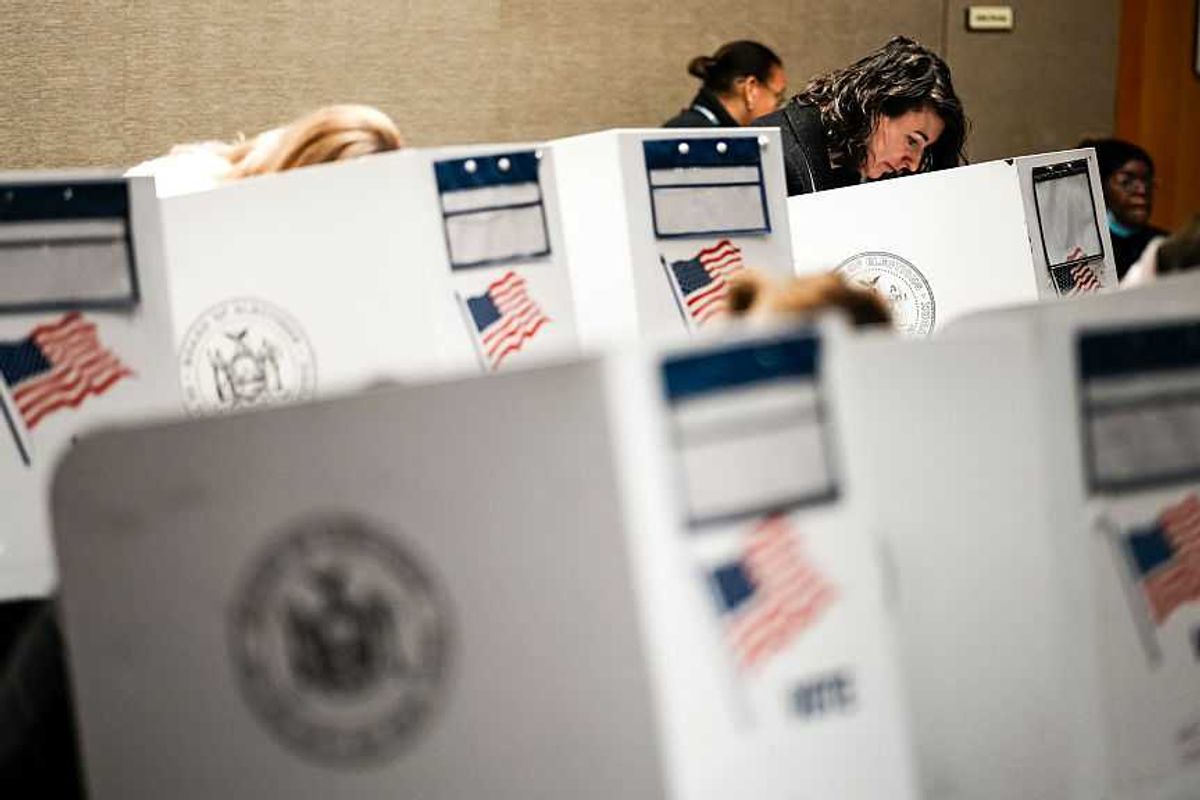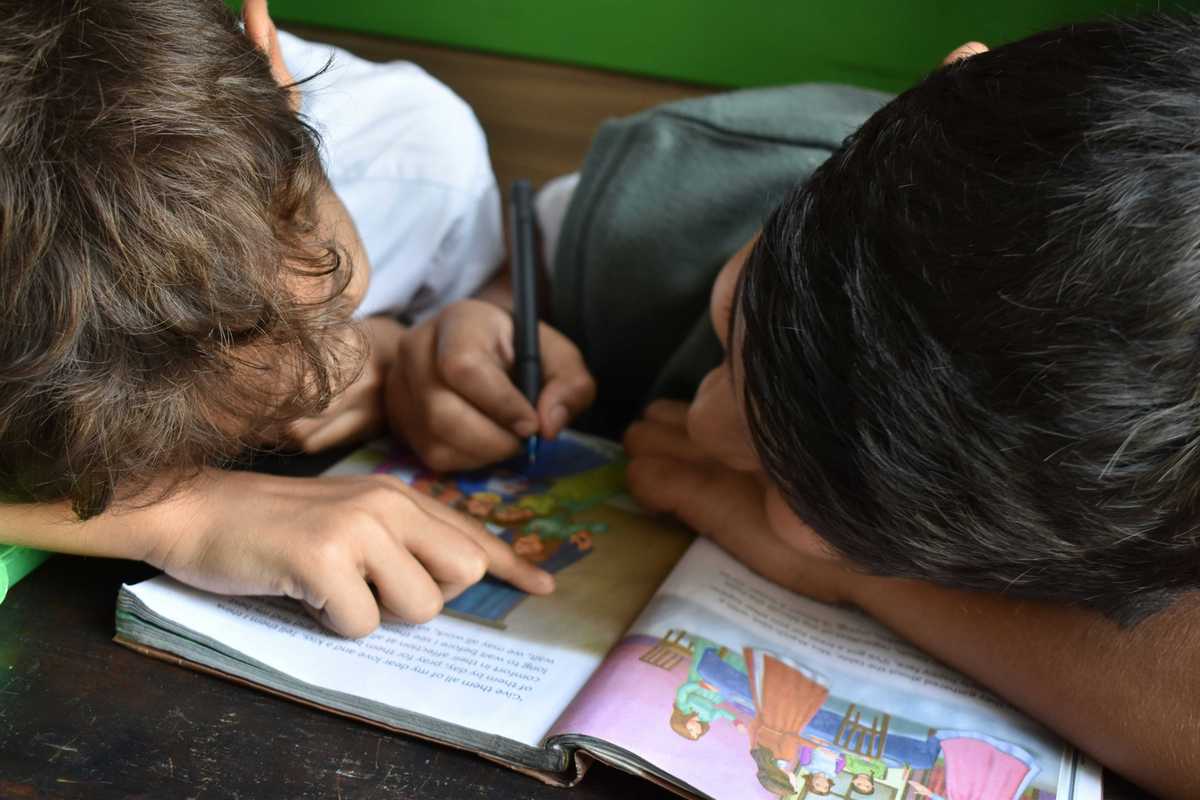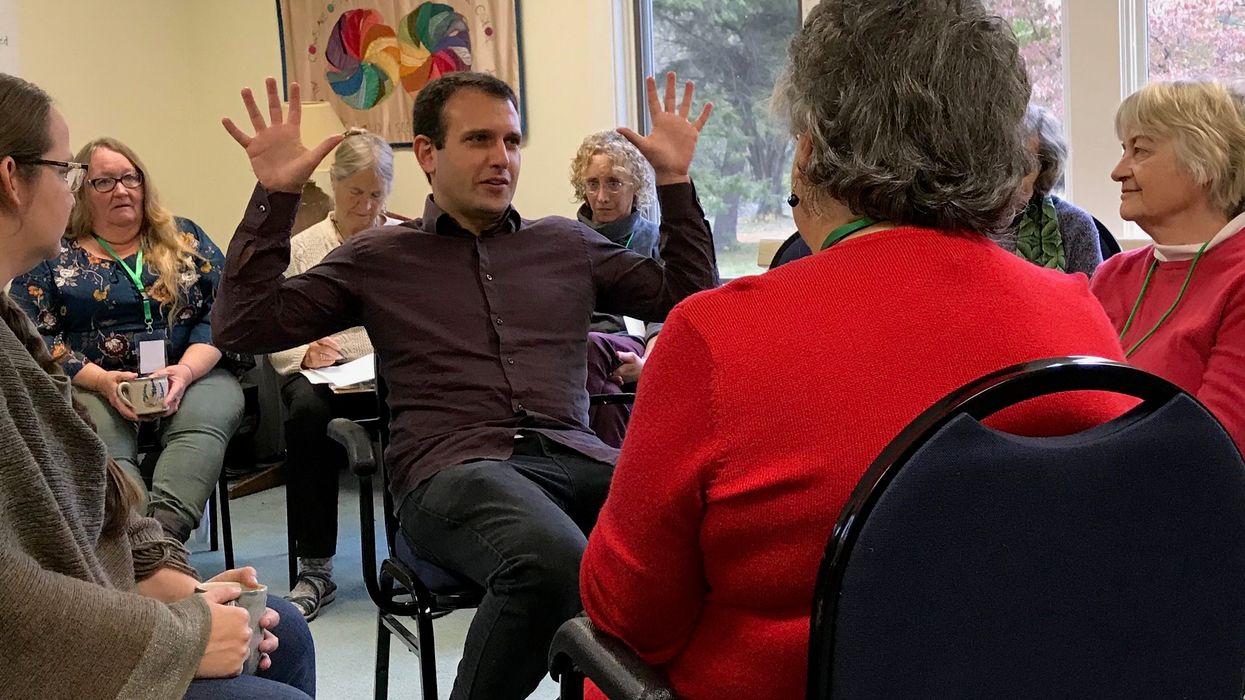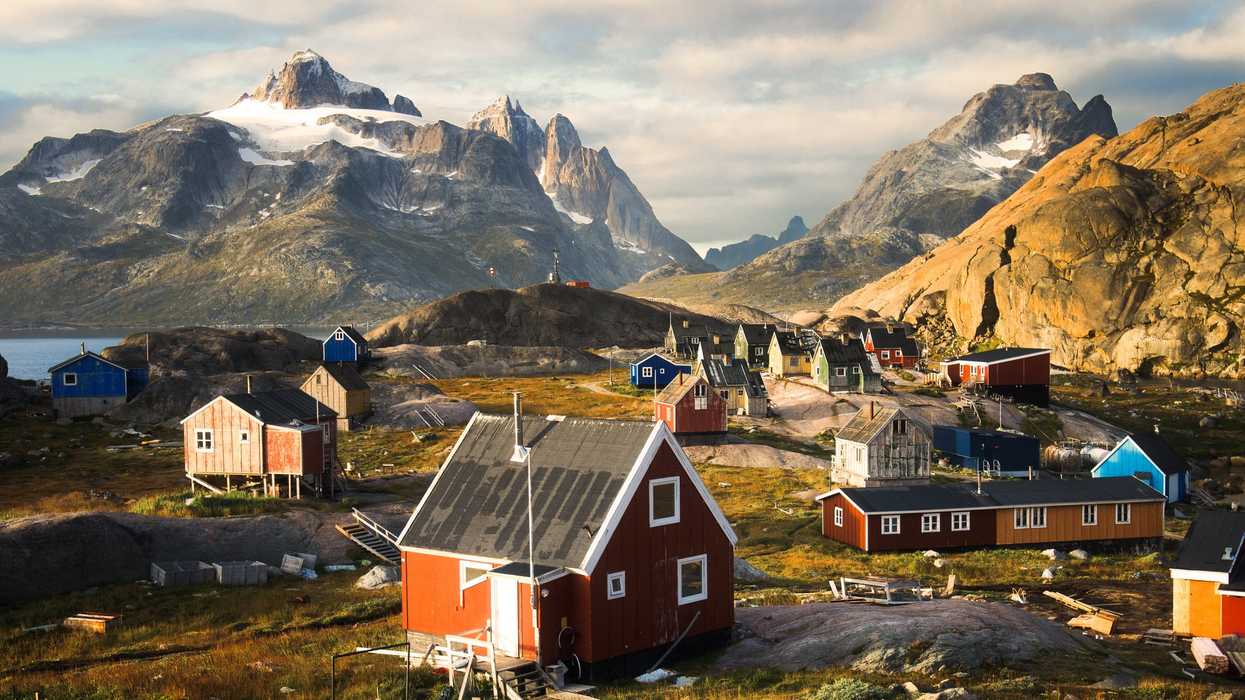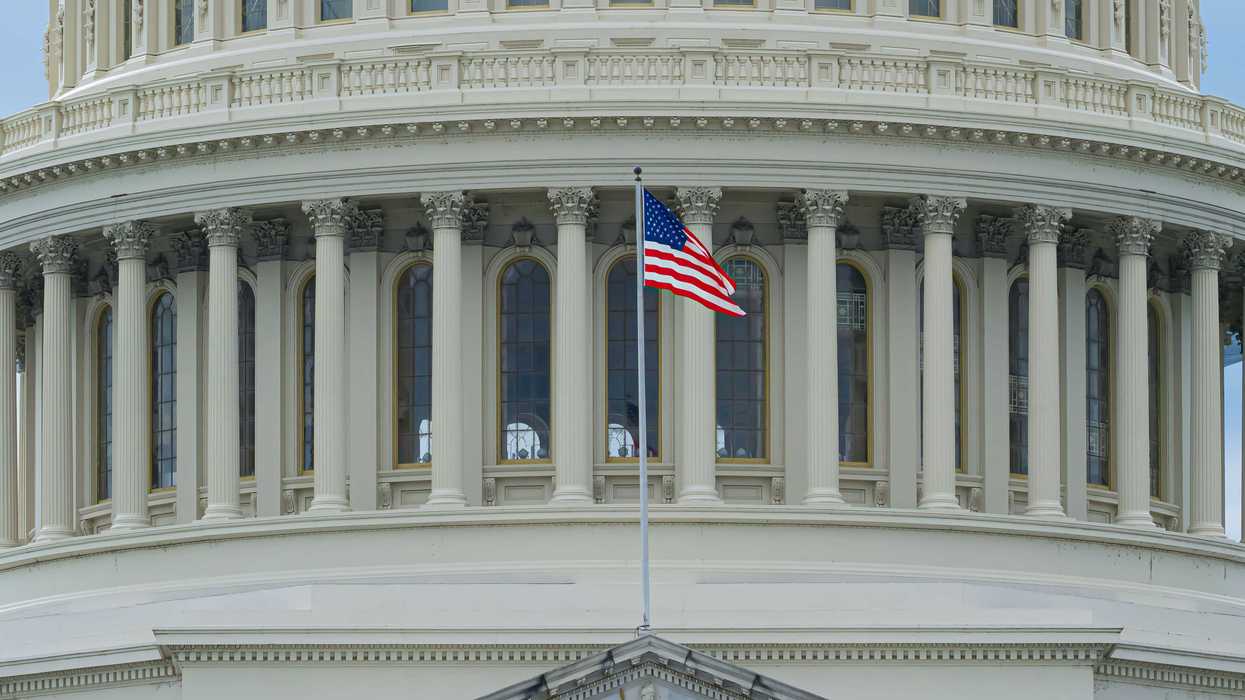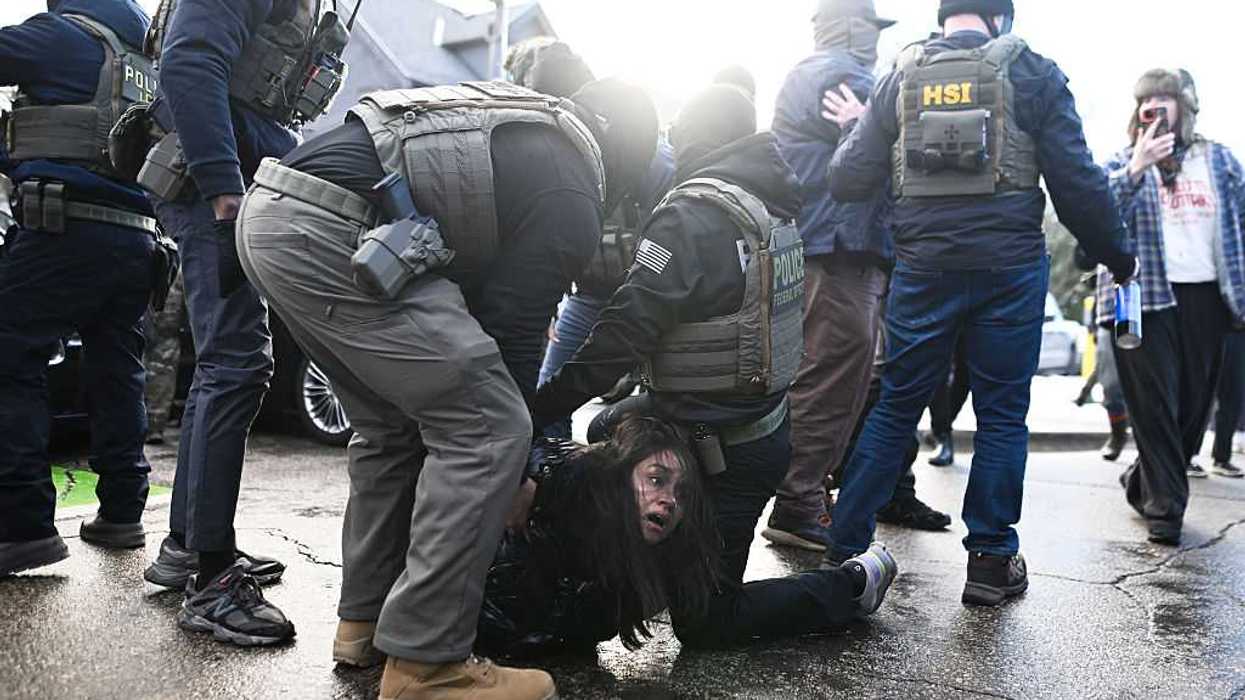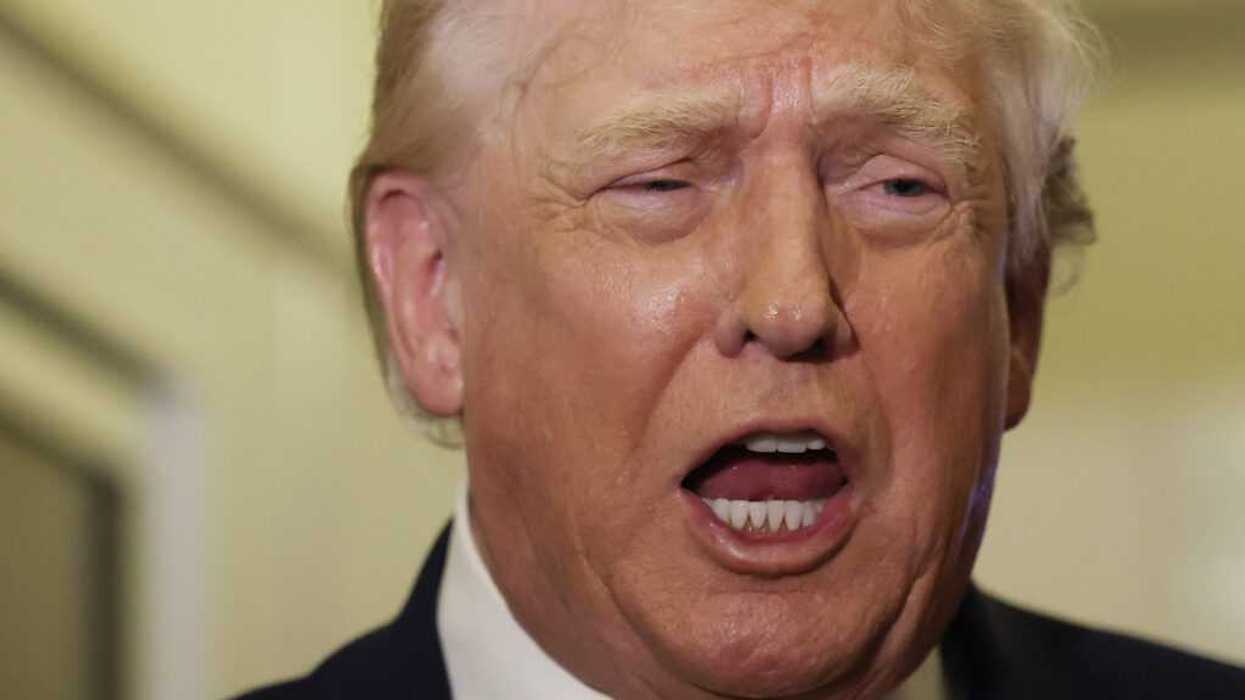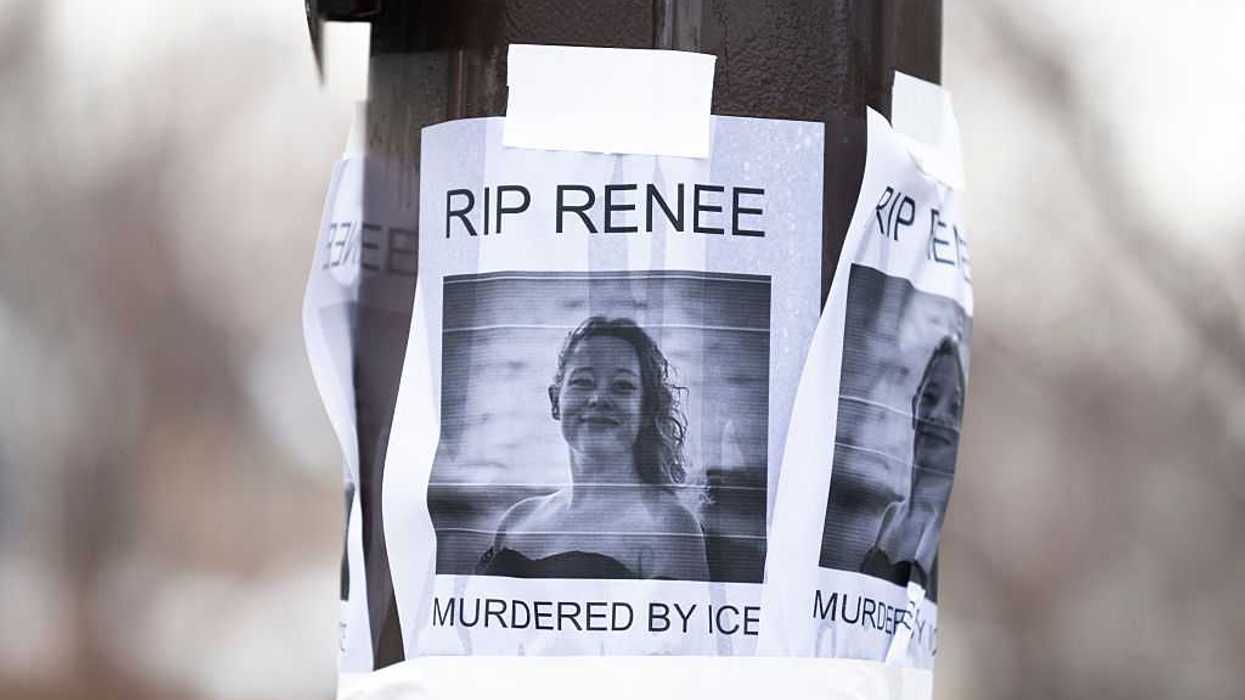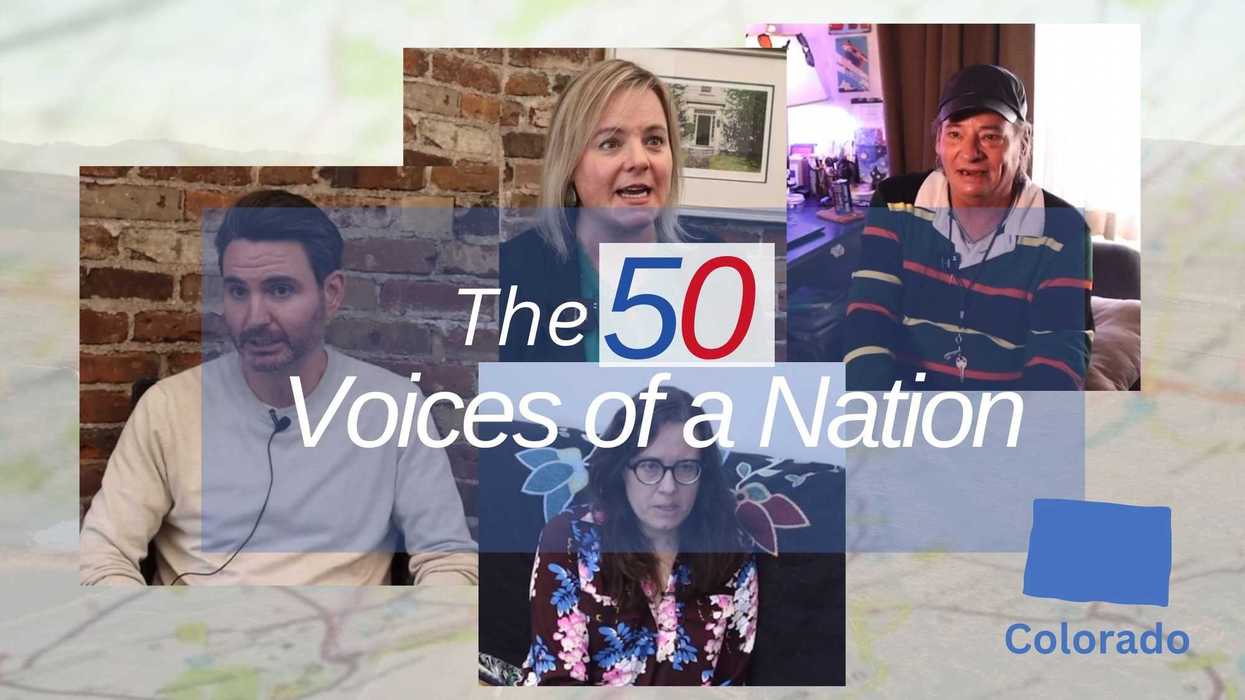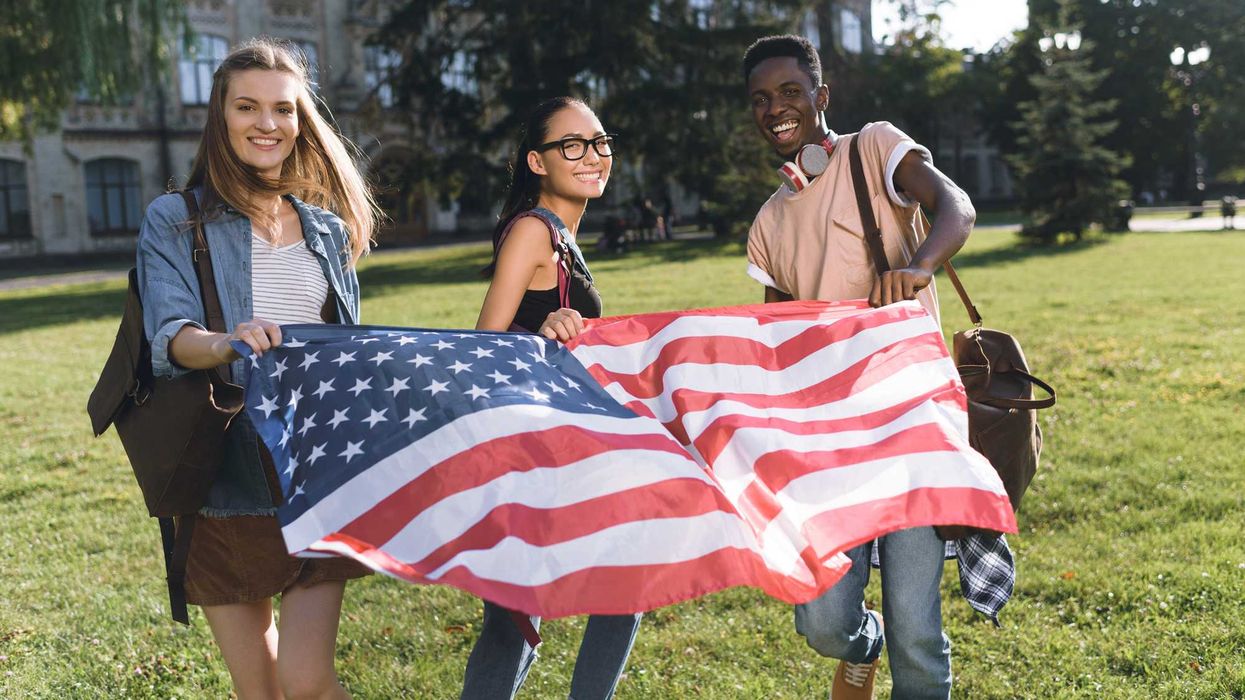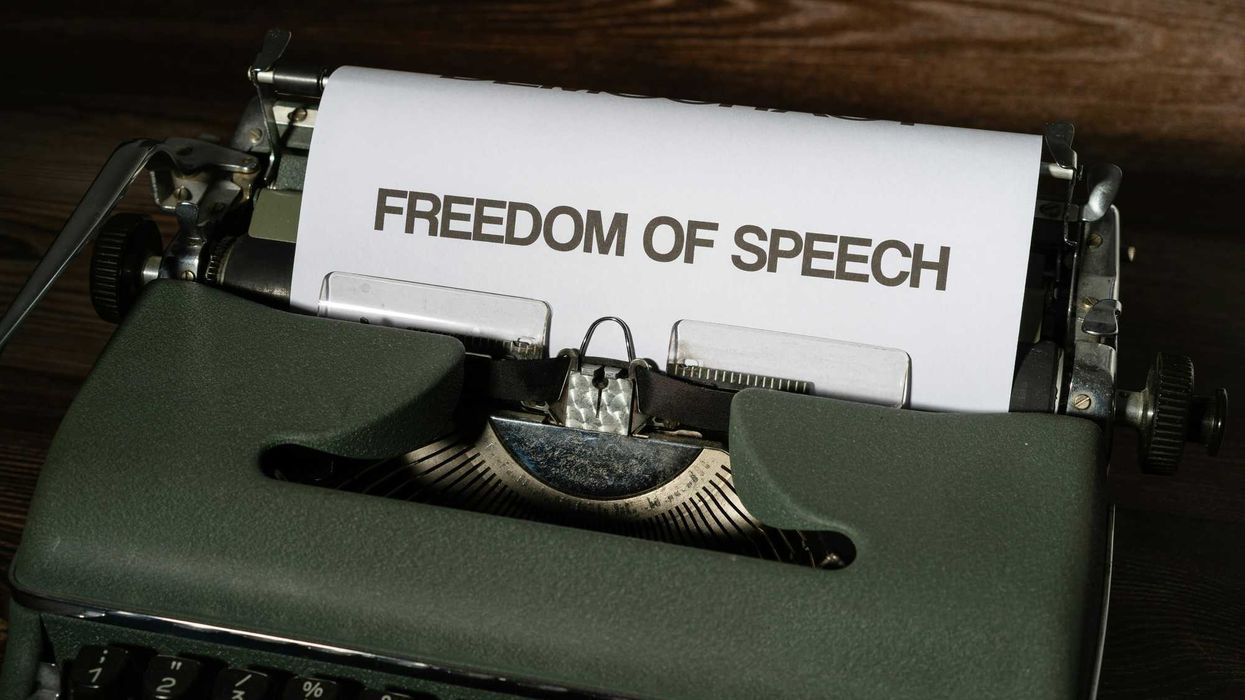Clayton, a novelist and short story writer, is a member of Hands Across the Hills, a group created to improve civic discourse between progressive and conservative parts of rural America.
Sometimes it seems the only thing blue and red voters share is mutual contempt. Organizations like Better Angels or Bridge the Divide try to promote civility by establishing rules for speaking together respectfully in a "safe" space. Their workshops, led by trained facilitators, resist ugly divisiveness. These organizations support an America in which people can talk to one another, and even debate, without demeaning one another.
Our project is doing something different and deeper. Here's our story.
Not long after the 2016 election a few people in my hometown of Leverett, a liberal hamlet in rural western Massachusetts, responded to an essay by a community organizer in eastern Kentucky — Trump country — who asked if any group wanted to join him in rejecting the growing divisiveness in America. We were excited yet wary. Could we bridge the divide?
We began as two collections of individuals. Those of us in Leverett hardly knew one another. But we eventually grew close through our work; then the Kentuckians joined us and gradually we became a mixed group.
How have we been changed? Can we provide a template for other groups?
We believe we can, in part by explaining the principles our group is built on: immersion, facilitated dialogue and a commitment to dissolving stereotypes.
Individuals from Leverett and Kentucky's Letcher County have met for three long weekends — so far. We've spoken together in dialogues, eaten together, danced, sung and even stayed in one another's homes. We gathered in my town in 2017 and 2019 and in Kentucky in 2018.
Increasingly, we've become friends through our immersion. We've resisted the sentimentality of what we call "kumbaya moments." Together we explore tough issues and participate in structured dialogues led by a trained facilitator. We don't debate. We speak about more than politics, because we're so much more than whom we vote for.
You might be wondering if we're changing anyone's minds.
No, that's not the goal. We listen to one another, speak about family, struggles and our hopes. We speak face to face as human beings and discover what we have in common. We don't change minds but we do change hearts. Our group has grown to respect one another, and from our shared humanity explore politics and hot-button issues like class, race, guns and drugs. The point is not to change a few votes, but to really know one another.
We sit together in a circle and talk. But the talk has a number of precise parameters. The facilitator, Paula Green, establishes a framework for the discussion. It's not ordinary conversation; it's highly structured. She creates a safe container, knowing when to open conflict and when to tamp it down.
In our first gathering, Green asked us to tell family stories. The Kentuckians had lived in their hills in coal country for many generations. Their families experienced sickness and death from the mines, yet suffered in different ways when those mines closed. Many of us in Leverett had immigrated or were the children of immigrants who struggled to make a home in America; others lost relatives in the Holocaust. Everyone had stories of family suffering. These stories, in their varieties of pain and the overcoming of it, connect us.
At first, Green's questions avoided hot-button issues. We felt connections where before there had been only differences. A woman from Kentucky responded to a story told by a woman from Massachusetts saying, "I thought you people had never suffered." Another Kentuckian said that she had never met an immigrant.
We listened and grew to trust one another. Without a facilitator, the talk would likely have taken easier paths. There's a delicate balance between comfort and change. Dialogue hovers at the edge of discomfort. It takes chances.
One time a Kentucky woman who had started a bakery and catering business, staffed by recovering addicts and ex-inmates, spoke about the importance of coal for her people. She'd lost a brother and uncle to the mines, through accidents and coal dust. Yet mining, she said, was the only industry they had in eastern Kentucky. Maybe coal would return. Coal production has gone through cycles. Maybe there would be a war and a need for coal.
Green spoke up, saying it made her very sad to hear about war as an option. After she opened her heart, we plunged into dangerous waters. A filmmaker from Kentucky, the son of a mining foreman, told us about the brotherhood and dignity of work in the mines. We trusted each other enough to say that and to hear that. With the guidance of our facilitator we were able to move into deep layers of conflict without losing our connection.
Developing trust takes time and work. The first step along the way is affection, even love. But it's easier to offer and receive affection than to really get to know others as individuals. The strength of Hands Across the Hills is made evident by the individual relationships that have taken root. We spend a lot of time working together. When we see each other now, we're seeing in a deeper way. Now we see complex individuals, not positions.
We don't deny our differences — in political attitudes, education or wealth. We face differences honestly while staying close to one another and learning from one another.
